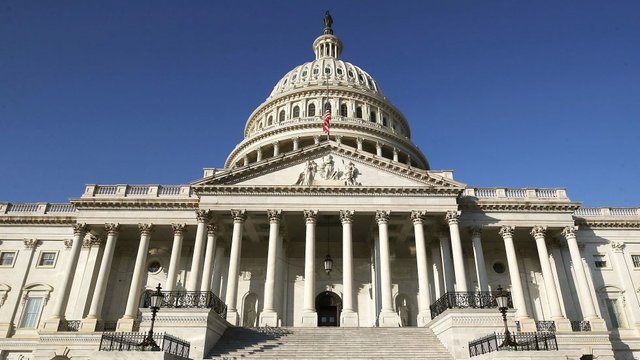Welcome to This Week in Civil Rights and Civil Liberties. This week, Americans face the country’s history of inhumane treatment of Black immigrants, calls for investigation into conditions in New York City jails, and more.
Last week, inhumane photos and videos of Border Patrol agents on horseback chasing, grabbing, and whipping Haitan asylum seekers shocked the nation. These events are the latest in a long history of anti-Black immigration policies. In response to the outrage that ensued, Black immigrant advocates are highlighting the country’s pattern of excluding Black immigrants and Haitians from immigration policies while simultaneously creating conditions that jeopardize a Black person’s status once in the country. An analysis done by the Associated Press confirms that Haitians are granted asylum at the lowest rate of any nationality, despite consistently high numbers of asylum seekers. Once in the United States, Haitian and other Black immigrants encounter the systemic racism that plagues our nation’s legal systems and that makes their deportation more likely. An analysis of 2019 data found that 66% of Black immigrants deported from the U.S. were removed based on criminal grounds, as opposed to 43% of all immigrants. Francesca Menes, an immigrant rights advocate, described conversations she has had with her family members in Chile in which she discourages them from coming to the United States. “People are looking for a better life. And we try to kind of ground our families: Do you know what it means to be Black in America?” (Vox, AP)
On Wednesday, 24-year-old Stephan Khadu became the 12th person to die in a New York City jail since December. Two days after Mr. Khadu’s death, a letter signed by every House Democrat representing New York City was sent to President Biden calling for the Justice Department to launch a civil rights investigation into Rikers Island, the notorious jail complex that has been the site of 11 of the deaths in NYC jails this year. The letter referred to conditions at the complex as a “humanitarian crisis that posed a civil rights threat to the more than 5,000 people” currently detained there.” In response to the letter, Mayor de Blasio announced that he would visit the jail for the first time since June 2017. For years, formerly incarcerated organizers and community members have been calling for the closure of the jail, which has been under the supervision of a federal monitor since 2015. In response to the current crisis at Rikers, organizers from the Freedom Agenda, the Jails Action Coalition, and the HALT Solitary Campaign held an emergency rally in front of the New York City Hall demanding the closure of the jail and the immediate release of detained folks. (NYT)
Workers at the El Milagro tortilla plants in Chicago staged a temporary walkout last week to protest staff shortages and abusive working conditions. In response to the protest, El Milagro locked workers out of the factories and forbade them from returning to the production line. Workers have given the plant’s management until this Wednesday to respond to their demands. (Eater)
On Tuesday, Congresswoman Cori Bush and Senator Elizabeth Warren introduced the Keeping Renters Safe Act to reinstate the federal pandemic eviction moratorium and give Health and Human Services (HHS) permanent authority to enact an eviction ban during public health crises. The bill comes in response to an August decision by the U.S. Supreme Court, where the Court ruled that HHS lacked the statutory authority to mandate the initial federal eviction moratorium. Having been evicted three times herself, Congresswoman Bush has been a vocal advocate on this issue. Last month, she spent five days sleeping and protesting on the steps of the Capitol building in response to Congress leaving for their August recess after failing to extend the eviction moratorium. (Essence, CNN)
The New York City Council passed a set of bills to address the exploitation of app-based food delivery workers and provide additional employment protections. New York City has the largest food delivery market in the country, and since the start of the pandemic the number of delivery workers in the city has risen to over 80,000 people, the majority of whom are immigrants. Among the many reforms included in the slate of bills, delivery workers will now be able to set maximum distances they are willing to travel and specify that they are not willing to travel over bridges. Additionally, the legislation forbids apps and courier services from charging workers fees to receive their pay, makes the apps disclose their tipping policies, prohibits the apps from charging delivery workers for insulated food bags, and requires restaurants to make their bathrooms available to delivery workers. While the bills will likely face court challenges, GrubHub has publicly supported the legislation. However, worker rights activists are quick to point out that the package of legislation falls short in many ways. Critically, delivery workers will still be classified as independent contractors who are not eligible for workers’ compensation or unemployment benefits. “My concern is that this gets presented as the solution,” said Ms. Campos-Medina, the executive director of the Worker Institute, in an interview with the New York Times. “The ability to use the bathroom is a basic human right.” Mayor Bill de Blasio is expected to sign the bills into law this week. (NYT)

